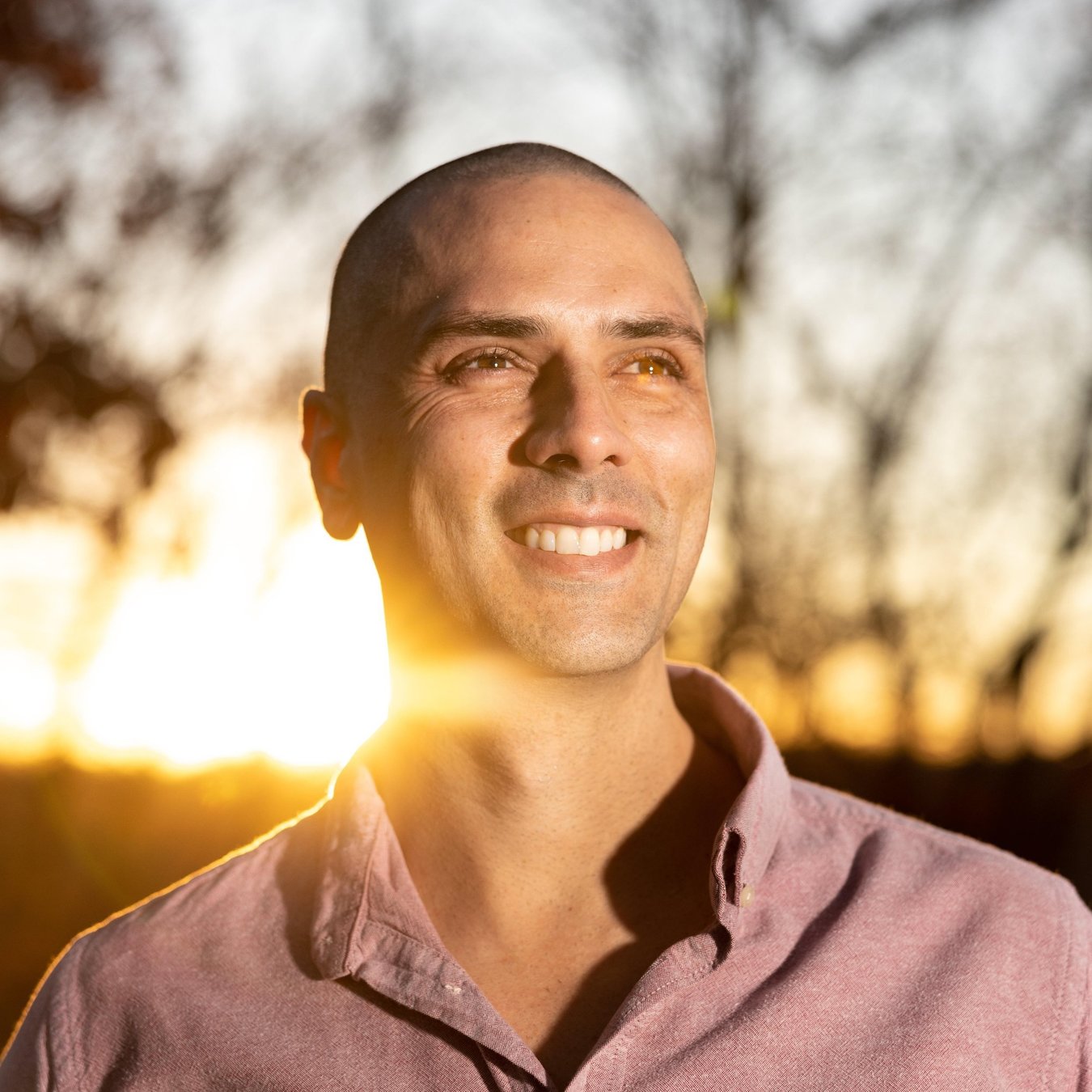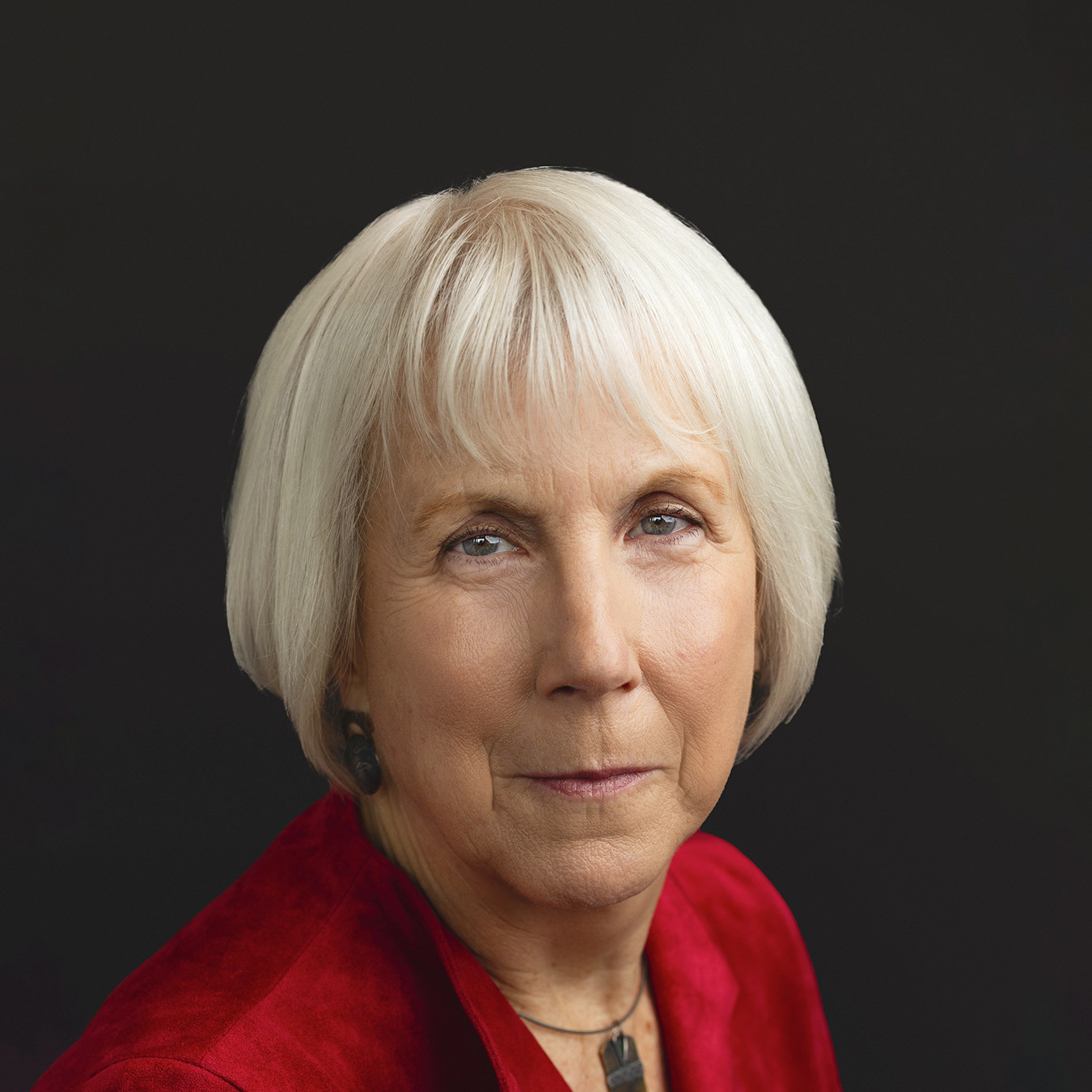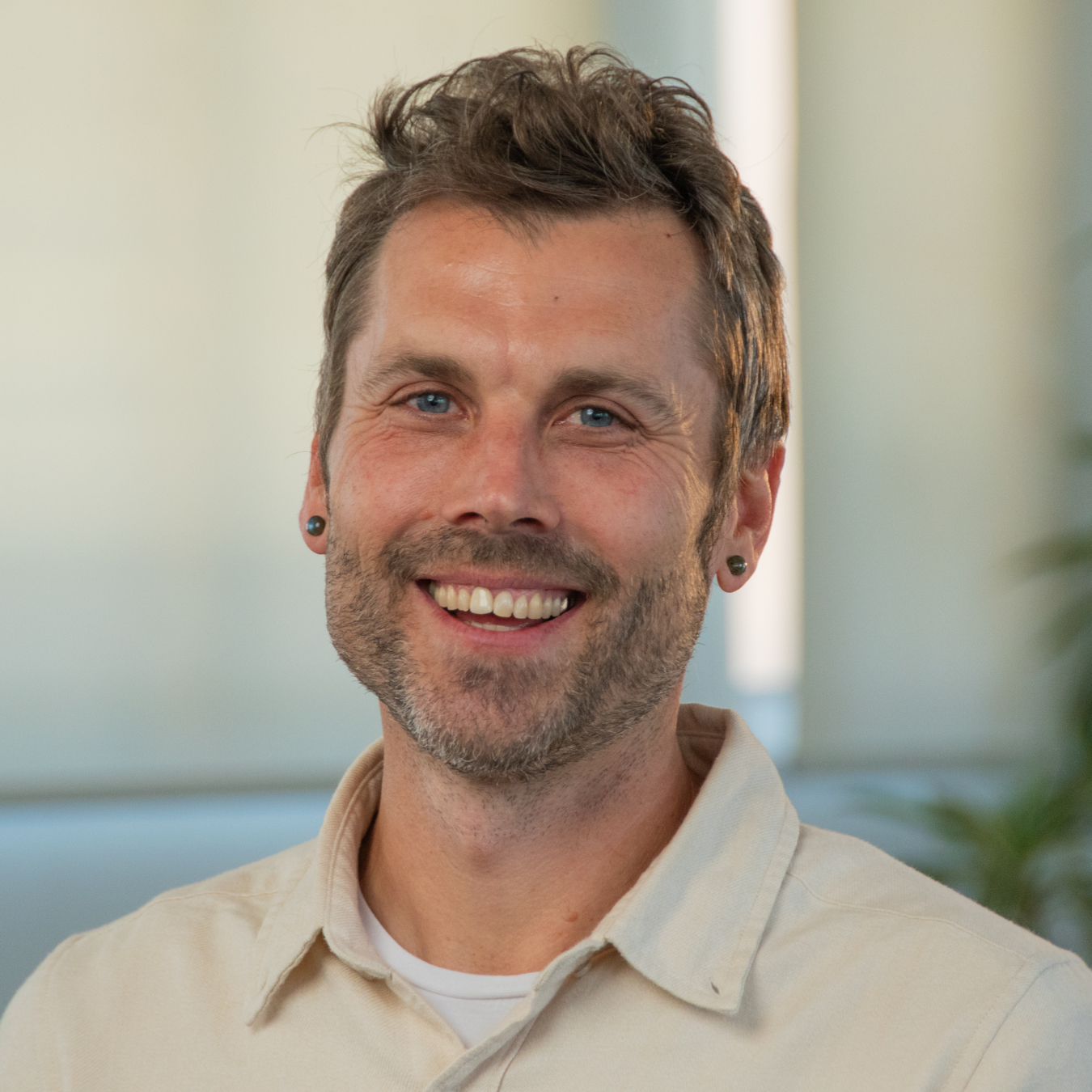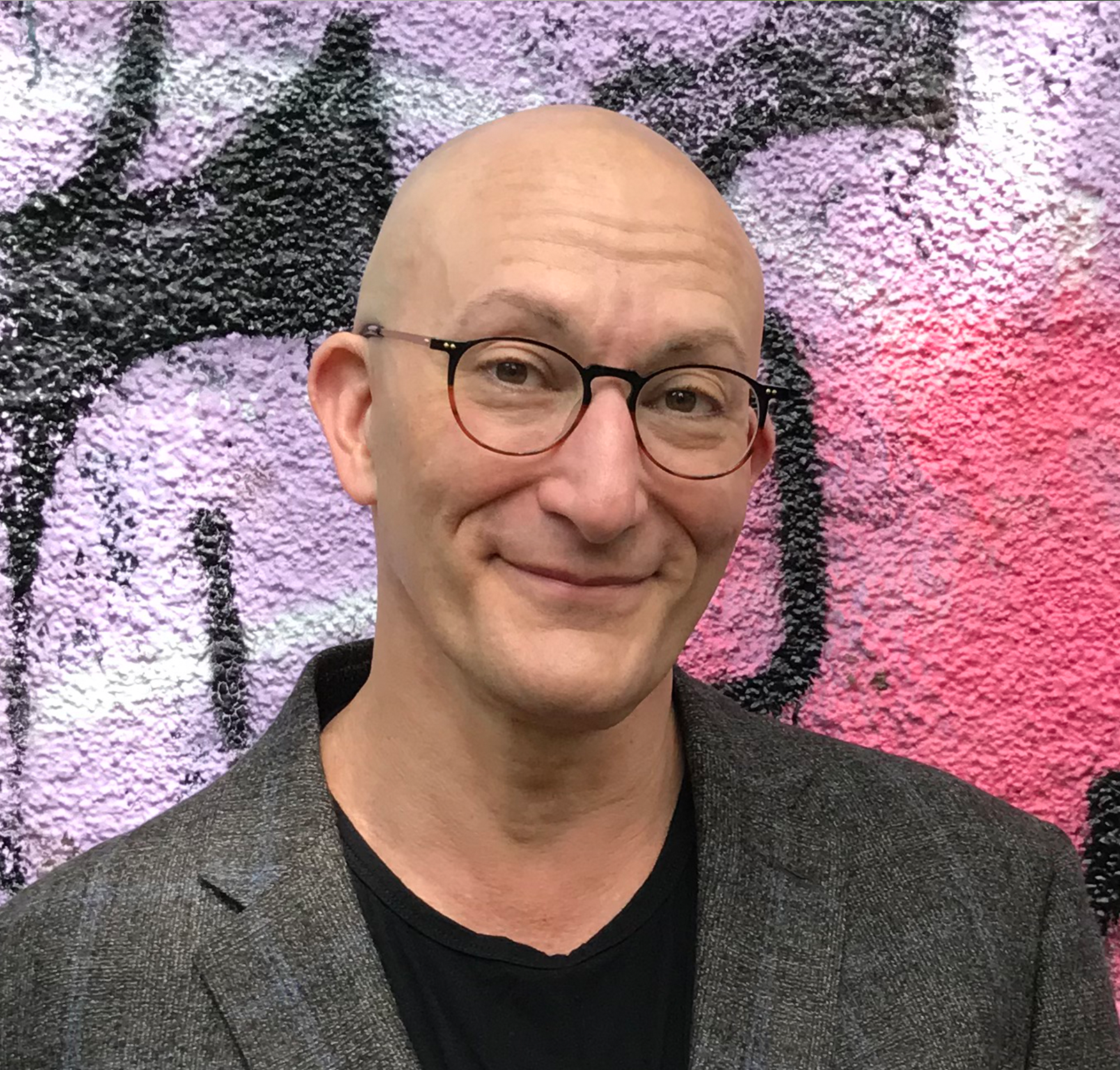
A New Era for Psychedelics at CIIS Livestream
Entering a new era of psychedelics with the launch of the nation’s first-ever undergraduate Bachelor of Science in Psychedelic Studies and the opening of our newest community mental health clinic offering ketamine-assisted treatments for patients struggling with mental health, California Institute of Integral Studies is pleased to invite you to “A New Era for Psychedelics at CIIS”.
Watch the recorded event now
Watch the recorded event now
A New Era for Psychedelics at CIIS
About the Speakers

Ernesto Londoño is a correspondent on the National desk of The New York Times, where he has worked since 2014. He is the author of Trippy: The Promise and Perils of Medicinal Psychedelics, a book that blends memoir and reportage to take readers inside a wondrous field that straddles spirituality and health care.
Londoño joined The Times as an editorial writer, where he focused on foreign policy. He later served as the newspaper’s Brazil bureau chief in Rio de Janeiro, where an episode of depression became the catalyst of his personal and professional interest in psychedelics. Earlier in his career, Londoño worked at The Washington Post, where his assignments included covering the wars in Iraq and Afghanistan, the Arab Spring, and The Pentagon.
Londoño was born and raised in Bogotá, Colombia, during a period of armed conflict and political turbulence fueled by the war on drugs. He moved to the United States for college in 1999 and moved around a lot over the years, having called Miami, Dallas, Washington D.C., Baghdad, Cairo, New York and Rio de Janeiro home.
In early 2022, he moved to Saint Paul, MN, where he lives in a quiet neighborhood near the Mississippi River with his husband, Steven, a veterinarian, and their dog, Hugo, a Brazilian rescue who is not a fan of Minnesota winters.

Dr. Janis Phelps is the founder and director of the psychedelic therapy education program at the California Institute for Integral Studies (CIIS) in San Francisco since 2014. Dr. Phelps developed and launched the first university accredited, post-graduate training program for psychedelic therapy and research. She has held the position of the Dean of Faculty of the six doctoral departments in the CIIS School of Humanities and Social Sciences.
Her 2017 journal publication, Developing Guidelines and Competencies for the Training of Psychedelic Therapists, describes best practices in the academic training of medical and mental health professionals in this field. In addition to multiple other journal publications on training, these ideas are further developed in a 2020 chapter with J. Henry on “Foundations for Training Psychedelic Therapists” in Disruptive Psychopharmacology, edited by Preller and Barrett.
Dr. Phelps is a board member of the Heffter Research Institute, which has conducted highly influential psilocybin-assisted psychotherapy research since the 1990s. A licensed clinical psychologist, she is a leader in developing methods of scaling effective training programs to meet the burgeoning need for well-trained mental health and medical professionals in the field of psychedelic medicine. Dr. Phelps maintains a private clinical practice in Mill Valley, CA.

Dr. Jason Butler is a professor of Integral Counseling Psychology at CIIS. He is a licensed clinical psychologist, a psychotherapist and supervisor at Sage Integrative Health, specializing in depth-oriented ketamine-assisted psychotherapy.
His therapeutic approach is an integration of archetypal, relational, somatic, and liberation frameworks, with a lifelong interest in the study of dreams and the engagement of imagination in healing practices. He is deeply committed to broadening diversity, accessibility, and theoretical rigor in the field of psychedelic psychotherapy.
He has written several articles and book chapters focused on the intersection of depth psychology and social justice as well as a book entitled Archetypal Psychotherapy: The Clinical Legacy of James Hillman. He co-authored an article entitled “Blinded by the White: Addressing Power and Privilege in Psychedelic Medicine", which highlights the lack of representation of people of color in psychedelic medicine and articulates several key considerations to advance the field in a more equitable direction. He is also a co-editor and contributing author of an edited volume entitled Integral Psychedelic Therapy: The Non-Ordinary Art of Psychospiritual Healing.

Dr. Nick Walker is a Professor of Psychology in the School of Undergraduate Studies and the School of Professional Psychology and Health at CIIS. She is an author, educator, transdisciplinary scholar, aikido teacher, and futurist whose work explores the edges and intersections of somatic psychology, transpersonal psychology, queer theory, neurodiversity, embodiment, and creativity.
She is best known for her foundational work in Neurodiversity Studies and Neuroqueer Theory, and her influential essay collection, Neuroqueer Heresies. She also writes speculative fiction, including the urban fantasy webcomic Weird Luck, and has co-edited multiple volumes of the annual neuroqueer lit anthology Spoon Knife.
Dr. Walker holds a 7th degree black belt in aikido and serves as senior aikido instructor at the Aiki Arts Center in Berkeley, California. She is Managing Editor of the worker-owned indie publishing collective Autonomous Press, a Consulting Editor for the journal World Futures, and a popular speaker on various facets of creative personal and cultural transformation. She has taught in the undergraduate Psychology program at CIIS since its launch in 2018, and also teaches in the Somatic Psychology program.

About Psychedelics@CIIS
Psychedelics@CIIS is a hub for the University’s psychedelic offerings, including the renowned Center for Psychedelic Therapies and Research (CPTR), new academic offerings, community impact initiatives, and public education.
